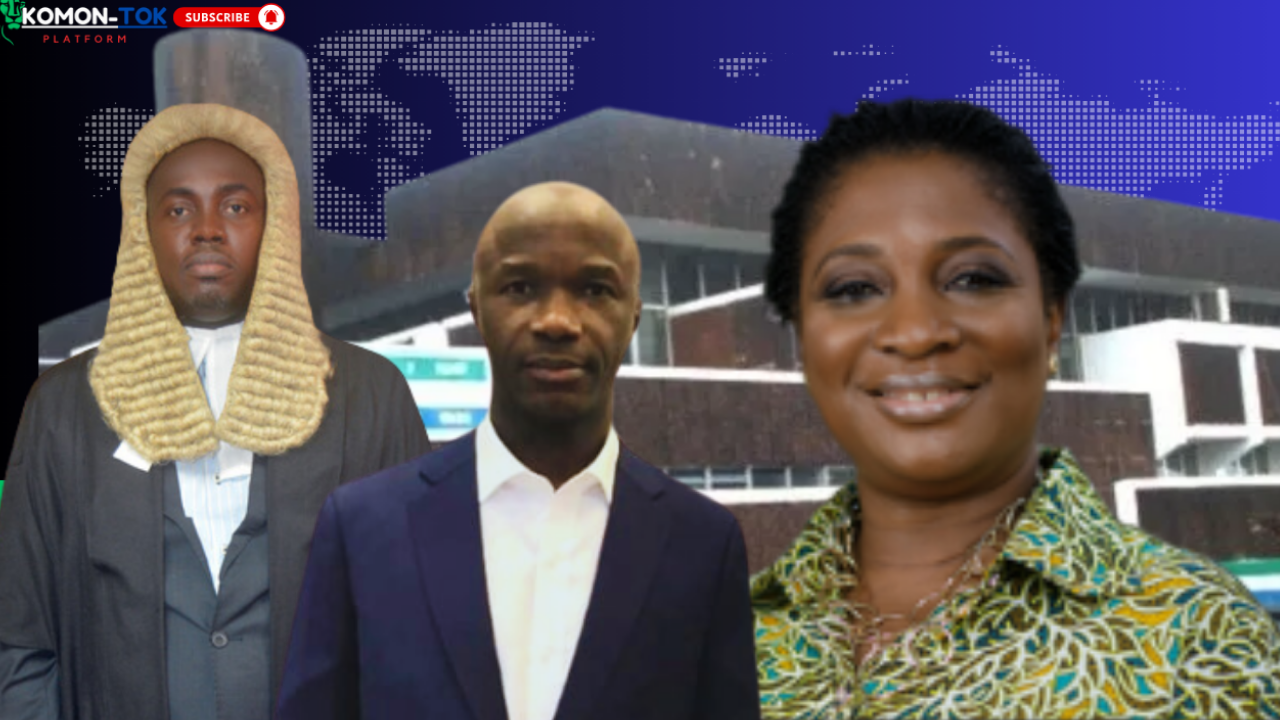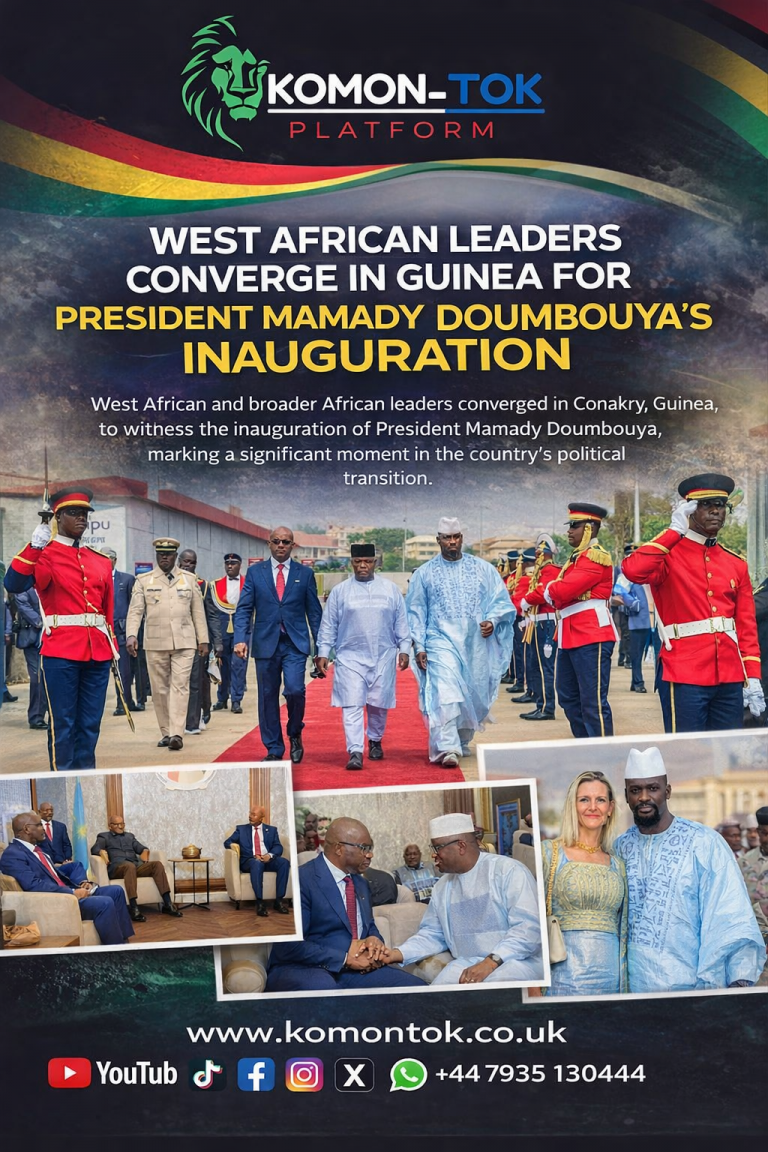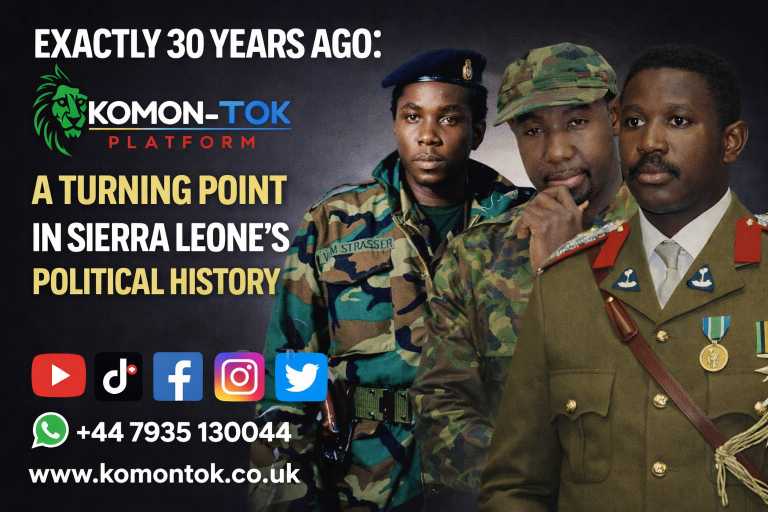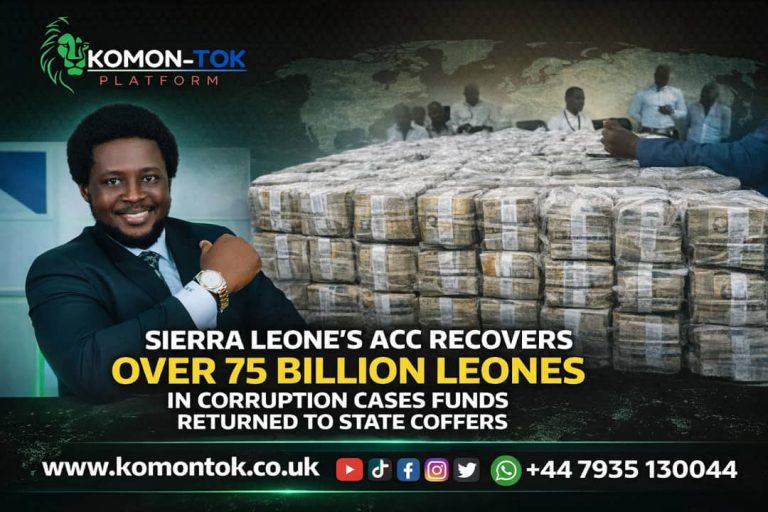
The recent dismissal of Sierra Leone’s Auditor-General, Lara Taylor-Pearce, and her Deputy, Tamba Momoh, by Parliament has provoked widespread condemnation both domestically and internationally. This controversial decision, mired in accusations of procedural flaws, political interference, and bad faith, is being criticized as a significant blow to transparency, accountability, and democratic governance in the country.
Lara Taylor-Pearce, a widely respected advocate for public accountability, gained recognition for exposing corruption and protecting Sierra Leone’s financial integrity. Her abrupt removal is seen as a politically driven move to suppress dissent and shield powerful figures from scrutiny. Parliament’s decision followed a message from President Julius Maada Bio, urging lawmakers to adopt the findings of a Tribunal report that accused Taylor-Pearce and Momoh of professional misconduct. Critics, however, argue that the Tribunal’s report and the parliamentary process were deeply flawed.
Opposition Leader Hon. Abdul Kargbo called the proceedings rushed and unfair, accusing the ruling party of sidelining opposition MPs to manipulate the vote. “Most of our MPs are out of the country, and it will be unfair to vote now on this matter,” he stated, decrying what he described as deliberate arrangements to ensure the ruling party’s dominance. The situation was further complicated by Speaker Solomon Segepoh Thomas’s controversial ruling that the two-thirds majority required for dismissal would be calculated based on MPs present rather than the total membership of Parliament. This interpretation has been labeled a deliberate tactic to bypass democratic norms and advance the government’s agenda.
Taylor-Pearce’s dismissal is emblematic of a broader erosion of institutional independence in Sierra Leone. Known for her willingness to expose corruption, including scandals tied to the President’s office, her removal sends a chilling warning to public officials and oversight institutions: challenging those in power may lead to retaliation.
This troubling precedent jeopardizes Sierra Leone’s governance framework and undermines public confidence in its democratic processes. Critics argue that the dismissal of Taylor-Pearce and Momoh signals a dangerous weakening of the checks and balances necessary for any democracy. Civil society groups and opposition leaders warn that this episode may embolden future governments to act with impunity, further eroding transparency and good governance.
Hon. Kargbo emphasized that the removal of the Auditor-General contradicts the President’s earlier rejection of the 2020 Finance Bill, which aimed to curb the misuse of public funds. Instead of promoting accountability, this move appears to undermine it, signaling a retreat from democratic principles.
The international community is being urged to condemn this alarming development. Failure to do so, critics warn, risks emboldening authoritarian tendencies and undermining Sierra Leone’s fragile democracy. Advocacy groups, donor nations, and global organizations are called upon to take a stand against what many see as a blatant subversion of democratic principles.
The dismissal of Taylor-Pearce and Momoh is a stark reminder that democracy requires constant vigilance and defense against exploitation for personal and political gain. Sierra Leoneans must rally together to demand justice, accountability, and transparency. Civil society, opposition parties, and the media must persist in exposing abuses and mobilizing public opinion to resist the erosion of democratic norms.
Global actors also bear responsibility in this crisis. Allowing President Bio’s administration to avoid accountability not only betrays the Sierra Leonean people but sets a dangerous precedent for other nations. The stakes are high, and silence is not an option. The world must stand in solidarity with Sierra Leone in defending its democracy and ensuring the preservation of its oversight mechanisms.






